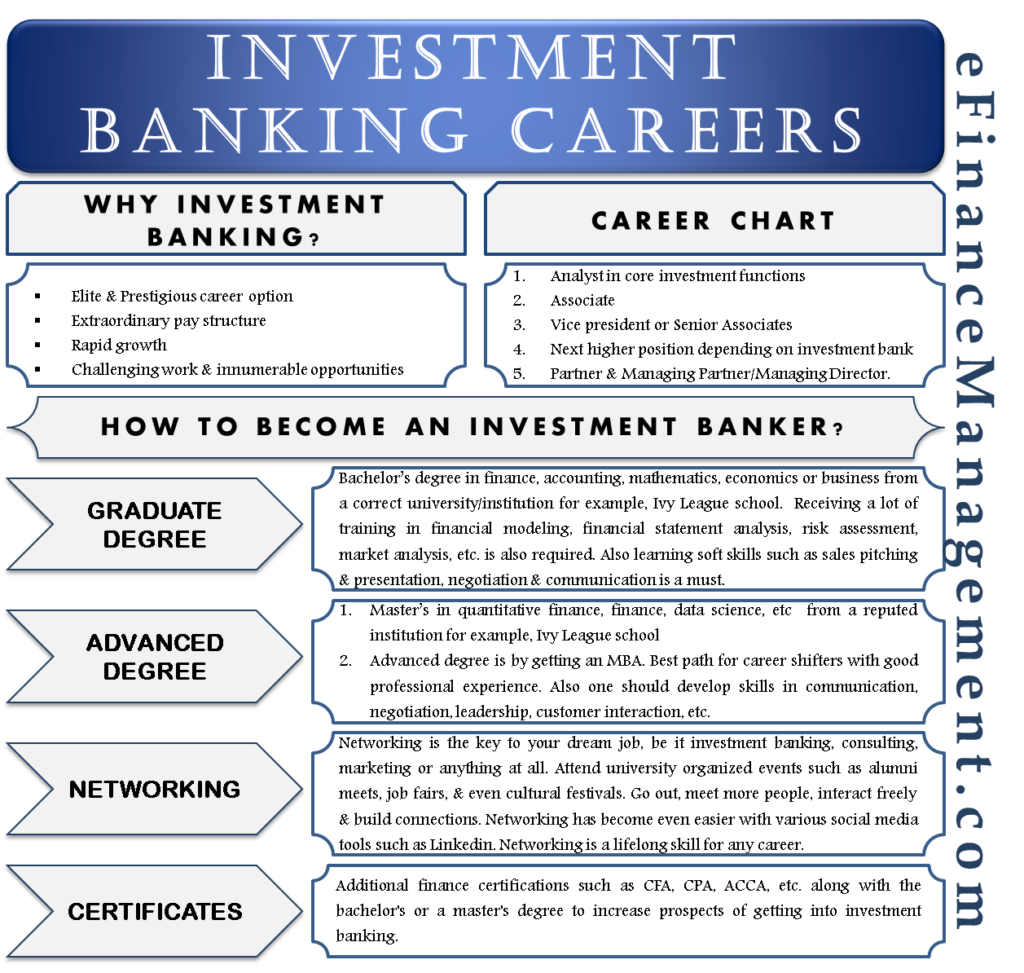

Instead, you’ll need to acquire both hard and soft skills to work in this field. If you want to become a Financial Analyst, there isn’t one “correct” career path. If you still struggle to get a junior-level position in finance, you may consider volunteering for a bank or financial firm to gain basic training that would be an asset to any organization. It’s also important to convey to employers that you know current market trends. That’s why it’s important to communicate in your cover letter and resume any relevant technical and finance training you have, such as experience working with investments or portfolio management, Excel skills, SAP knowledge, and financial literacy. If you can demonstrate that you have the skills needed to succeed as a Financial Analyst, you may be able to apply for internships or entry-level positions in this field. Some employers may even consider individuals who don’t have an undergraduate degree at all. However, you can still apply for Junior-Level Financial Analysts positions if you have a bachelor of art and choose to study a different field as an undergraduate.

It’s common for aspiring Financial Analysts to have a bachelor of science degree in finance, economics, accounting, or a closely related field. While most people applying for jobs in financial analytics have at least a bachelor’s degree in a math-heavy field, it’s possible to pursue an entry-level position in finance with a degree in a different field or even with no degree at all. Careers in finance don’t have the same minimum standards. These positions expect candidates to have completed undergraduate and graduate studies. Some professions, such as Doctors and Lawyers, have standard baseline requirements job applicants must meet to apply for job openings. Can You Really Become a Financial Analyst Without a Degree? Read more about what a Financial Analyst does. They often focus on either credit markets or equity markets.
#FINANCE DEGREE JOBS PROFESSIONAL#
Depending on their professional focus, Financial Analysts do extensive research on their organization’s buy-side and sell-side financial data. Their process often involves steps such as collecting data, organizing information, performing data analysis on these numbers, providing projections or forecasts, offering recommendations, creating Excel models, presenting their findings to organizational stakeholders, and writing reports or dashboards to convey suggestions. They play an integral role in supporting an organization’s budgeting initiatives, as well as writing financial status reports and recommendations. Financial Analysts rely on their background in math, accounting, research, reporting, communication, critical thinking, and data analytics to perform these tasks.īecause of how valued they are by organizations, Financial Analysts often find employment with large corporations like insurance companies, security firms, investment banks, venture capital firms, or government agencies. They also may study macroeconomic trends or hone in on particular industries or sectors. To do so, Financial Analysts routinely perform tasks for their employer like studying current events and developments in the market, examining financial statements, and creating financial models that can anticipate future performance. These professionals play an integral role in helping to create more informed investment strategies for their organization or its clients. What is a Financial Analyst?įinancial Analysts study financial data and perform various research tasks to spot investment opportunities and analyze possible outcomes for business decisions. Read on to learn more about how you can become a Financial Analyst without a degree. If you have a degree in a field unrelated to finance or don’t have a college degree, it’s still possible to apply for entry-level Financial Analysts jobs. However, this isn’t necessarily needed for all jobs in financial analytics. Most Financial Analysts applying for entry-level positions have at least a bachelor’s degree before landing their first finance job.

While each employer will dictate their own requirements for job applicants, there are no formal industry requirements to apply for finance positions. If you’re interested in becoming a Financial Analyst, you may wonder what qualifications you’ll need.
#FINANCE DEGREE JOBS HOW TO#
How to Become a Financial Analyst Without a Degree.


 0 kommentar(er)
0 kommentar(er)
